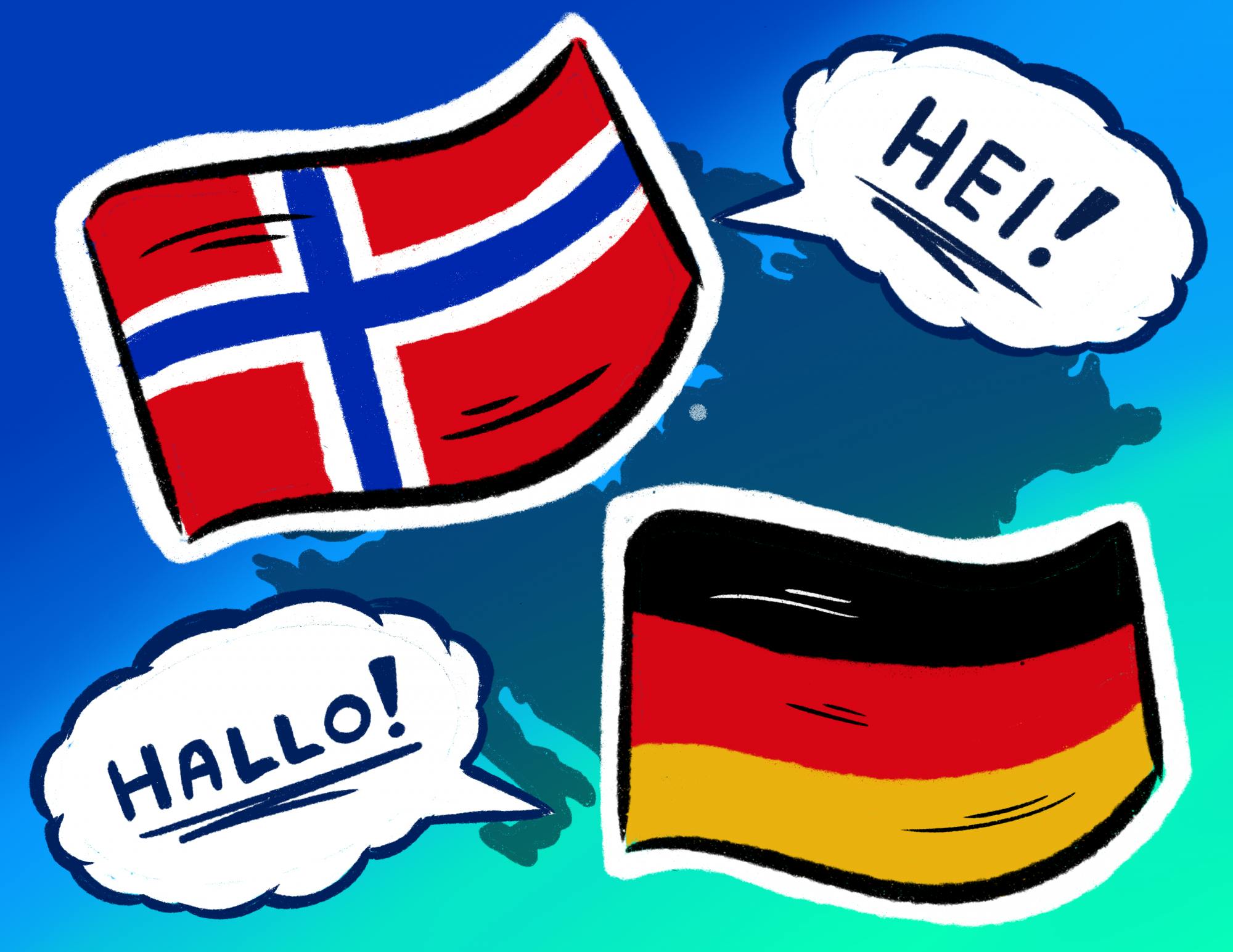Greece is not the only European country with a culture worth celebrating and studying. To emphasize the difference and similarities between the member states, the Council of Europe initiated the European Heritage Days.
Every year in September, the 50 countries of the European Cultural Convention participate in the popular festivities of the European Heritage Days. This year, Europeans are gearing up to celebrate their roots under the theme of Sustainable Heritage from Sept. 10 to Sept. 18.
While the events around the European Heritage Days are an ocean away, some of its spirits are present at Ohio University. According to OU's fast facts page, OU students and staff represent 116 countries around the world.
With international students from all over the world diving headfirst into a new, multicultural lifestyle at OU, three master's students from across Europe said there are a number of ways they stay connected to their home countries.
Anastasiia Sakharova, a master's student from Ukraine studying Latin American Studies, took up her scholastic path through the Ohio University Center for International Studies to follow her passion for Spanish and Latin American culture.
Similarly, getting closer to his interests also motivated Andreas Joergensen from Denmark, a graduate student studying American Studies in Odense and spending a semester abroad at OU.
Florian van Dongen is from the Netherlands and came to OU to pursue a double master's degree in Business Administration and Sports Administration. While most countries stick to the name European Heritage Days for celebrating European culture, the Netherlands belongs to the few countries using their own language, showcasing everything Dutch during the "Open Monumentendag."
Though very different places, the one thing they all have in common is a universal language, music.
"I listen to songs in Ukrainian," said Sakharova, who also sings in her free time. "It really makes me feel like I'm home."
Hearing their native language creates a sense of comfort for the international students and sometimes, even a newfound appreciation is sparked.
"I've actually started to listen to more Danish music than I did when I was back in Denmark," Joergensen says.
They all noticed pretty quickly there were few to no other students from their home countries at OU, which urged them to find a different connection to home.
"I actually never was connected to any Ukrainians (on campus) before the war started," said Sakharova, who now organizes events to collect money and supplies for the Ukrainian front lines with her newfound group of fellow Ukrainians.
Language is an important topic for international students and a huge part of their national identity. To van Dongen, that might not be the only difference but is for sure the biggest. However, assimilation has come quickly.
Adding to that, Joergensen says: "When I start to speak Danish again with my family, it's always kind of weird.” Since he now predominantly uses English in his daily life.
Since Joergensen and van Dongen do not know other bobcats from their home countries, they rely on media from home and call their families and friends.
"I keep in touch with my family regularly," van Dongen said. "I try to call them as much as possible and send some pictures of what I'm doing here."
This also helps with feeling less homesick and staying connected with his roots.
"I have a VPN server which makes it possible to still watch Dutch television," said van Dongen.
"It is important to me to know what's going on in the news and politics. Even the weather is important for me." —Florian van Dongen, a graduate student from the Netherlands
While new traditions arise, old ones are left behind. For the first time in his life, Joergensen does not visit his local soccer team's home games, missing out on his grandparents' traditional foods that accompany the event. Trying to keep up the culinary connections is vital for most international students. Sakharova and van Dongen said buying food from home is crucial, and they are always looking out for local products.
"I literally (just) bought some beers that are from very close to where I live," van Dongen says. "In those small ways you try to stay in touch with what you're used to back home."
They all found ways to stay connected to their heritage in their new home away from home. Even though life in Athens is different to what they were used to before, it's full of exciting new possibilities to dive into.

